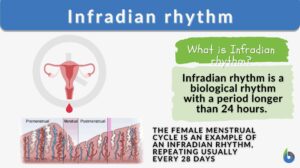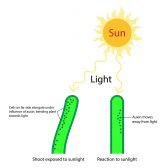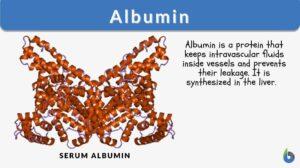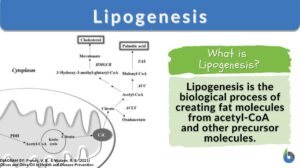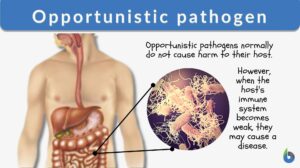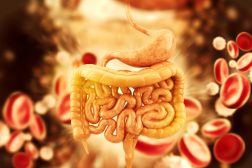Search Results for: intake
Balanced diet
What is a balanced diet? What is the definition of a balanced diet? A nutritionally balanced diet fulfills all nutritional... Read More
Actions of Caffeine in the Brain with Special Reference to Factors That Contribute to Its Widespread Use
IV. Actions of Caffeine on Brain Functions and BehaviorHaving discussed the molecular and neuronal actions of caffeine,... Read More
Energy intake
Energy intake total number of calories taken in daily whether ingested or by parenteral... Read More
Hypertrophy
Hypertrophy Definition Hypertrophy refers to the enlargement or increase in the size of an organ or tissue due to the... Read More
Regulation of Organic Metabolism, Growth and Energy Balance
Organic Metabolism Events of Absorptive and Post-absorptive States. The absorptive state is the period during which... Read More
Monounsaturated fat
What is monounsaturated fat? Monounsaturated fats are healthy dietary fats. They are liquid at room temperature. Unlike... Read More
Body fluid
Body Fluids Definition What is body fluid? Literally, body fluid is the fluid of the body. The adult human body is ~50-60%... Read More
Hallucination – Are we the only ones “seeing” things or animals hallucinate, too?
Hallucination is defined as perceiving something that seems real but in fact, it is not. Some references take it as a... Read More
Photosynthesis
Photosynthesis is a physio-chemical process carried out by photo-auto-lithotrophs by converting light energy into chemical... Read More
Infradian rhythm
What is the Infradian Rhythm? An infradian rhythm is a type of biological rhythm that lasts longer than 24 hours, with a... Read More
An introduction to Homeostasis
Researched and Written by Jonjo MinnsSubmitted to biologyonline.com on February 25, 2009.Published in biologyonline.com... Read More
Plant Auxins – Phototropism & Geotropism
As with animals, plants also use a variety of hormones to control their growth and development. A family of hormones called... Read More
Hypertonic
Hypertonic Definition Hypertonic is a term used to describe an entity being in the state of hypertonicity, where there is a... Read More
Plasma membrane
Do all cells have a plasma (or cell) membrane? Yes, all cells have a biological membrane that separates the protoplasm from... Read More
BIOACCUMULATION
Bioaccumulation - a general term for the accumulation of substances, such as pesticides (ddt is an example), methylmercury,... Read More
Kidneys and Regulation of Water and Inorganic Ions
Renal Functions Kidneys remove/add substances from/to the plasma.Regulate water concentration, inorganic ion... Read More
Lipogenesis
Lipogenesis Definition Lipogenesis is the process of producing lipid or fat to store biochemical energy for later metabolic... Read More
Buck’s traction
Buck's Traction Definition Buck's traction for femur fracture is very helpful. It can be utilized in the treatment and... Read More
Animal Water Regulation
Homeostatic control, a set environment, and how evolution and natural selection drives a species to adapt to its environment... Read More
Plant Water Regulation
A plant requires water as an essential ingredient of photolysis, the photochemical stage of photosynthesis where water is... Read More
Opportunistic pathogen
Opportunistic Pathogen Definition How do we define opportunistic pathogen? The opportunistic pathogen is an infectious... Read More
Oxygen Debt
A cumulative deficit of oxygen resulting from intense exercise; the deficit must be made up when the body returns to rest.A... Read More
Human Biology – Food and Digestion
Food is what is required by humans to grow and survive, and provide a 'fuel' for the energy needed in our biological... Read More
Interspecific competition
Interspecific Competition Definition In Biology, competition is defined as the process that occurs among species that have... Read More
Overview of Chirology
Psychodiagnostic Chirology (PDC) is a comprehensive diagnostic discipline applied by professional behavioral specialists in... Read More
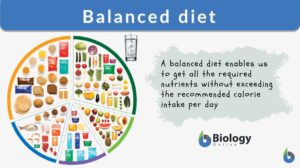



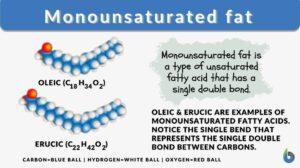

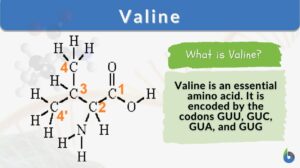
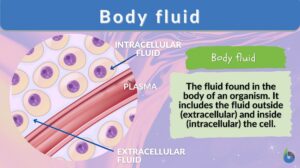

![Hallucinations – a brain glitch – apparently could occur in animals, too. At least, according to a recent experiment on lab mice using optogenetics technique. [Img credit: Rick Harris (Flickr), by CC BY-SA 2.0]](https://www.biologyonline.com/wp-content/uploads/2019/07/hallucination-300x168.jpg)

